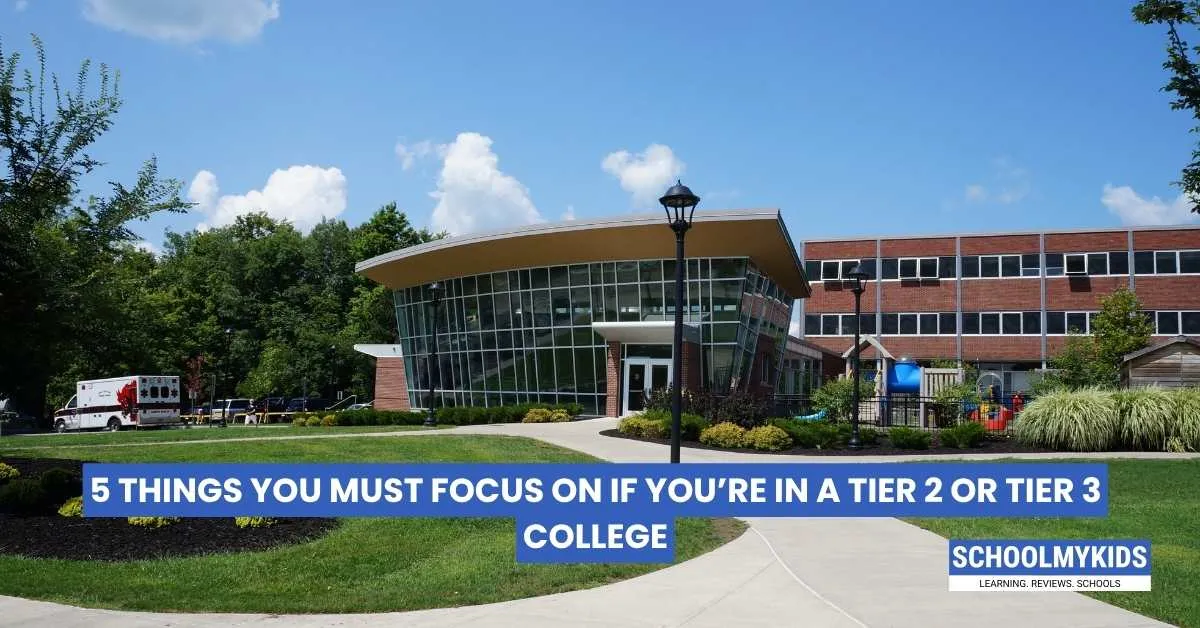Introduction
Being in a Tier 2 or Tier 3 college in India can often feel discouraging, especially when you're constantly hearing about IITs, IIMs, and other elite institutions. However, the truth is that your college’s name doesn’t define your future—your mindset, skills, and actions do. Many successful professionals have come from lesser-known institutions simply because they focused on the right things. Here are five critical areas you should concentrate on to stand out and succeed.
1. Skill Over Syllabus
While college curricula can often be outdated or theoretical, the industry demands practical, up-to-date skills. Whether you're studying engineering, commerce, medicine, or arts, you must build relevant skills outside your textbooks.
- For tech: Learn programming languages, data structures, and tools like Git, Python, SQL, etc.
- For business: Focus on Excel, analytics, public speaking, and digital marketing.
- For design or media: Build a strong portfolio using real-world tools like Canva, Adobe Suite, or Figma.
Use platforms like Coursera, Udemy, and free YouTube channels to learn. Certification matters less than your ability to apply what you know.
2. Build a Personal Brand
In a competitive job market, how you present yourself matters as much as what you know. Start building your personal brand early by:
- Creating a LinkedIn profile and actively engaging with your network.
- Writing blogs or making short videos on what you’re learning.
- Showcasing your projects, internships, or case studies online.
Your online presence can open doors to freelance work, internships, or even full-time roles—regardless of your college name.
3. Internships and Real-World Experience
Getting hands-on experience is the best way to understand the working world and boost your resume.
- Look for internships during every semester break.
- Don’t aim only for big companies—startups and NGOs can give you more responsibility and learning opportunities.
- Volunteer or work on freelance projects to show initiative.
Internships help bridge the gap between academics and employability and often lead to pre-placement offers (PPOs).
4. Communication and Networking
No matter your field, strong communication skills and a good professional network will always give you an edge.
- Practice public speaking, group discussions, and writing clearly.
- Participate in seminars, online webinars, competitions, or college clubs.
- Connect with alumni, industry professionals, or mentors through LinkedIn.
Building genuine connections can lead to mentorship, guidance, and job referrals that you won’t find on job portals.
5. Mindset and Consistency
The most underrated but powerful factor is your mindset. Students from Tier 2 or Tier 3 colleges often feel like underdogs—but that can be your greatest strength if you stay focused and consistent.
- Set realistic goals and stick to a learning routine.
- Don’t compare yourself to IITians or IIM grads—compete with who you were yesterday.
- Use rejection or setbacks as learning experiences rather than roadblocks.
A growth mindset, paired with consistent effort, can beat privilege and prestige in the long run.
Conclusion
Being in a Tier 2 or Tier 3 college doesn’t mean you have to settle for less. What truly matters is what you do with the resources and time you have. Focus on skills, build your brand, gain real-world experience, communicate effectively, and stay mentally strong. Your success story is not about your college—it’s about your choices.








Be the first one to comment on this story.